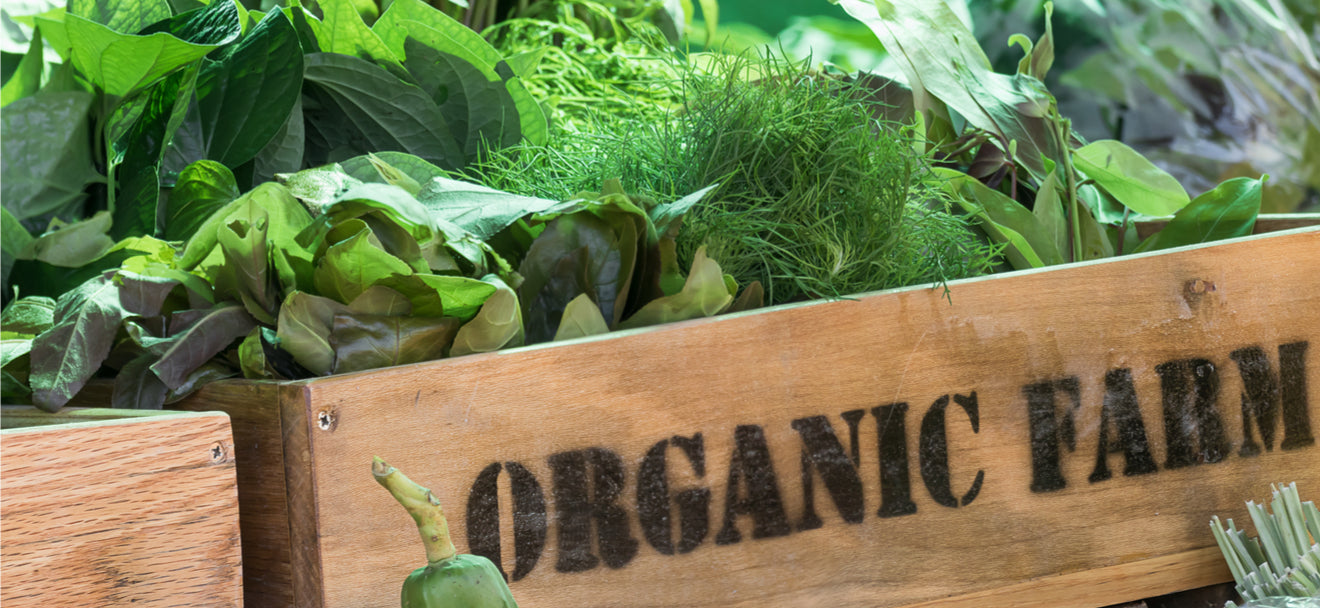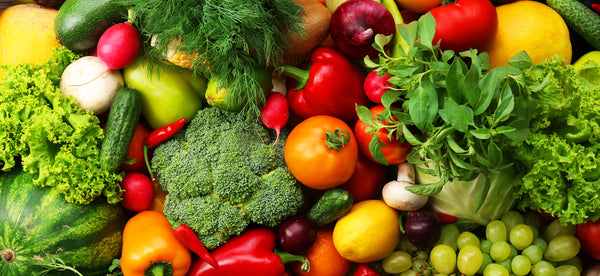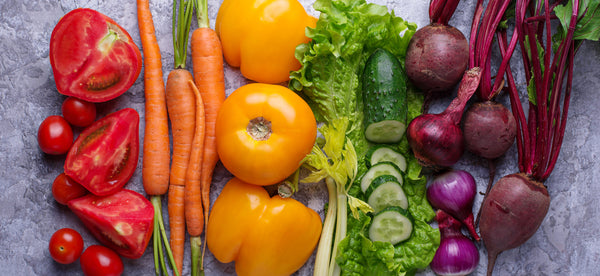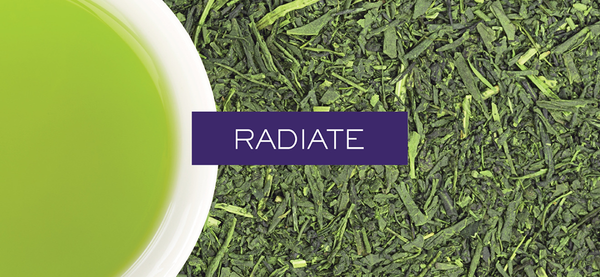


Living a healthier life is well within your grasp, especially when you begin to make more conscious choices about the food you eat. The benefits of going organic are many, and it's not hard to get started -- especially once you know what to look for on the grocery store shelves.
"Organic" means different things to different people, including your local growers. Though a wide range of farming practices seek to raise food sustainably and harvest healthy products, only certain foods can wear the organic label in the United States. In a nutshell, organic foods must be grown or raised without using any of the following:
While it's easy to see how these rules apply to plant-based foods like fruit, vegetables and grain, they affect animal products somewhat differently. Organic meat, milk, cheese and eggs can only come from animals that have been raised on organically grown feed, have not been fed antibiotics or growth hormones, and have been raised in such a way that they were allowed to behave as animals naturally would (as opposed to being tightly confined, for example).
Organic farming benefits both the people who consume organic food and the environment at large.
Because organic growing methods seek to maintain soil health and improve sustainability, they are far gentler on the land. Reduced pesticide use eliminates poisons from the environment that kill helpful insects, such as honeybees, while reduced fertilizer use prevents polluted runoff that can poison rivers and oceans. What's more, conventionally raised meat contributes to the overuse of antibiotics, which contributes to the rise of super-bacteria that aren't easily controlled by current medications.
People who consume organic food are at less risk of ingesting pesticide residue, which can cause allergies, asthma and symptoms related to mild poisoning. There's also mounting evidence that organically grown food contains higher levels of nutrients, including antioxidants and omega-3 fatty acids, so eating organic is a healthier choice.
If you eat animal products, going organic is crucial, as it protects you from exposure to pesticides from their feed as well as antibiotics and growth hormones. When it comes to vegetables and fruits, the most important thing for your health is to continue making fresh fruit and vegetables the go-to food in your diet.
To get the most benefits, it’s important to make organic choices whenever possible. You can minimize pesticide exposure by washing your produce before consuming and peeling any non-organically grown foods. The Environmental Working Group suggests focusing on buying organic when it comes to the foods most likely to be heavily laden with harmful pesticides. The EWG calls these foods the "dirty dozen" and strongly urges consumers to buy organic when it comes to these products. Get to know the "dirty dozen" and focus your efforts there.
On the other hand, some fruits and vegetables are relatively easy to grow and don't require heavy pesticide use. The EWG calls these the "clean 15;" if your budget doesn't allow you to buy everything organic, conventionally grown foods on this list are good choices, too.
Even if you phase in your organic food choices, you'll be making incremental steps toward a healthier lifestyle for both you and the planet. NUTRITION
NUTRITION
 NUTRITION
NUTRITION
 NUTRITION
NUTRITION
Sign up today to receive weekly Beauty, Nutrition and Lifestyle tips, exclusive offers, and 10% off your first purchase.
Our beauty and wellness brand offers support, services and products to help you become WELL WITHIN your skin, mind and body.
Sign up today and receive your special Friends and Family 20% off your first purchase, valid until May 31, 2017.
Stay Ever Well,
Lynne + Renee
Co-founders
Thank you for signing up today to receive weekly Beauty, Nutrition and Lifestyle tips, exclusive offers and your special Friends and Family 20% off your first purchase, valid until May 31, 2017.
Stay Ever Well,
Lynne + Renee
Sign up today to receive weekly Beauty, Nutrition and Lifestyle tips, exclusive offers, and 10% off your first purchase.
Leave a comment
Comments will be reviewed prior to posting.